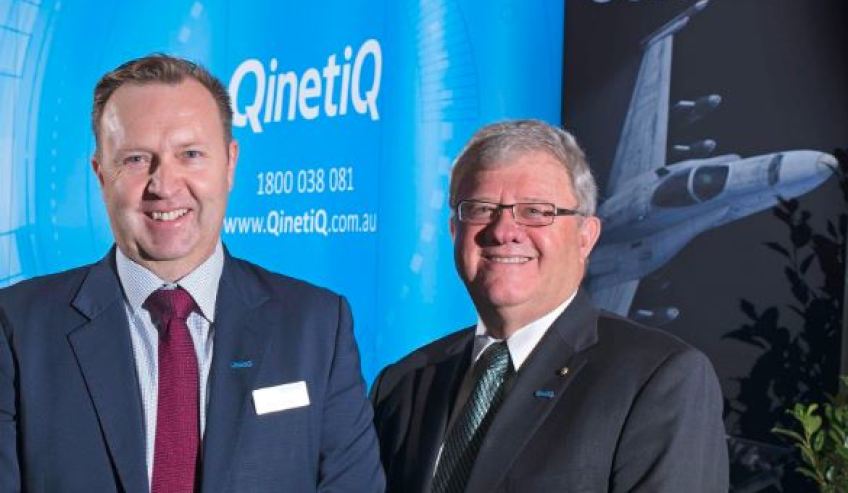The time for investing in Australia’s defence industry has never been better, according to former Lockhead Martin Australia and New Zealand CEO Raydon Gates, with the 2016 Defence White Paper changing the game for SMEs and primes.
To continue reading the rest of this article, please log in.
Create free account to get unlimited news articles and more!
Speaking to the Defence Connect podcast, non-executive director of QinetiQ and retired Rear Admiral Gates reflected on his time in defence and industry, and noted that the release of the 2016 Defence White Paper has created outstanding possibilities for Australian companies.
"It really is an exciting time. In my uniform days and my defence industry days, I can’t recall a time as exciting as this. We have got the Defence White Paper, then you've got the integrated investment plan, we had the recognition of the industry as a fundamental input to capability, which I think is just so critical," Gates said.
According to Gates, the paper delivers exactly what the industry needs - certainty.
"It gives you what industry's been looking for, [which] is certainty," he said. "We've got certainty and some clarity. Then that flows down to where the medium and small companies in defence industries now have again that opportunity to say, well, I can go to my finance, or I can go to my bank saying look at this: $195 billion are going to be spent across defence industry across the next decade, and it has got bipartisan support. So we'll change governments over that time, undoubtedly, but this is what they're pushing forward."
Gates said that the delivery of the paper and its financial estimates has allowed SMEs to have confidence in the industry and focu on what they can deliver.
"They [SMEs] can now start to see the finance side, there's a little bit of certainty there. 'Let me concentrate on my niche. Let me concentrate on what I am expert at', and that is where the innovation comes in Australia, and our present government is pushing hard on innovation and growth. Innovation comes from the small and medium, they are the breadbasket of ideas. Then it's up to the companies like the Lockheed Martins and major primes, and also for companies in that growing area like QinetiQ, to say, 'How do we work the smaller in? How do we give them the opportunity to be part of our companies as we go forward with their ideas, and transform their ideas into reality?'"
These questions, and more, are something Gates is aiming to answer in his new role as non-executive director at QinetiQ, and he hopes he can pass these answers on to SMEs.
"I think the very first thing that we can do, the past CEOs like myself and the present ones, is the reality checks," he said. "Not everyone who comes up with a wonderful idea in defence is going to be able to sell their product. We have to remove the romance and all that glitters is gold bit right at the moment, which you can get excited about, and say, 'Are you really meeting a need?'"
Delivering these 'reality checks' is crucial for the success of SMEs, Gates said, if they hope to deliver products of use in the industry.
"Rather than building something and saying, 'This is fantastic, now let me go find a buyer', are you meeting a need? Does your product meet a need? Have you spoken to primes? Have you spoken to defence departments? Have you spoken to national security circuit outside defence? National security is well beyond defence now. Have you identified, and maybe that's where the role of strategic advisers might come in a bit more, what's the need? What are you doing that you think fills that need? Okay, that's done, now how do we then market that product, so it's not a matter of, 'Hey, I've got a wonderful idea, I can't sell it.'"

 Login
Login







